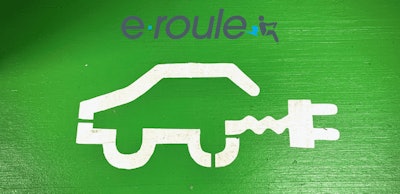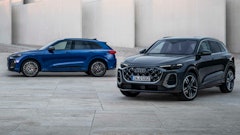
Montreal, Quebec — E-roule’s electric vehicle driving school program made a huge accomplishment last week, more than 500, 000 kilometres have been driven by students across 30 electric driving schools in Quebec.
This unique two-year project funded by the province and organized by Quebec Road Safety Education Foundation was designed to test the feasibility of 100-per-cent electric-vehicle driving schools.
In November 2020, the first phase of the project, 30 driving schools in Québec joined the e-roule electrification pilot project. Now, in phase two, another 70 schools have been approved. Currently, 10 schools in the pilot are fully electric—all schools will include at least one EV in their teaching fleet. By the end of 2021, a minimum of 150 EVs will be in service across 100 driving schools in the province, the company expects.
“It’s a project that’s unique in the world. There is no place where a government has put together such a large project to transition driving schools,” says Stéphane Pascalon, senior consultant at the Foundation of Quebec Road Safety Education in an interview with Electric Autonomy Canada.
Since its debut last September, e-roule estimates it has saved 102 tonnes of CO2 emissions over 23,000 driving hours.
Incorporating electric vehicles into driving school fleets across Canada will be a difficult transition for an array of reasons such as cost, differences in the way combustion and electric vehicles work, charging difficulties, etc.
However, the e-roule program may be of assistance because it will provide data for other provinces, organizations and driving schools looking to learn how to transition.






















